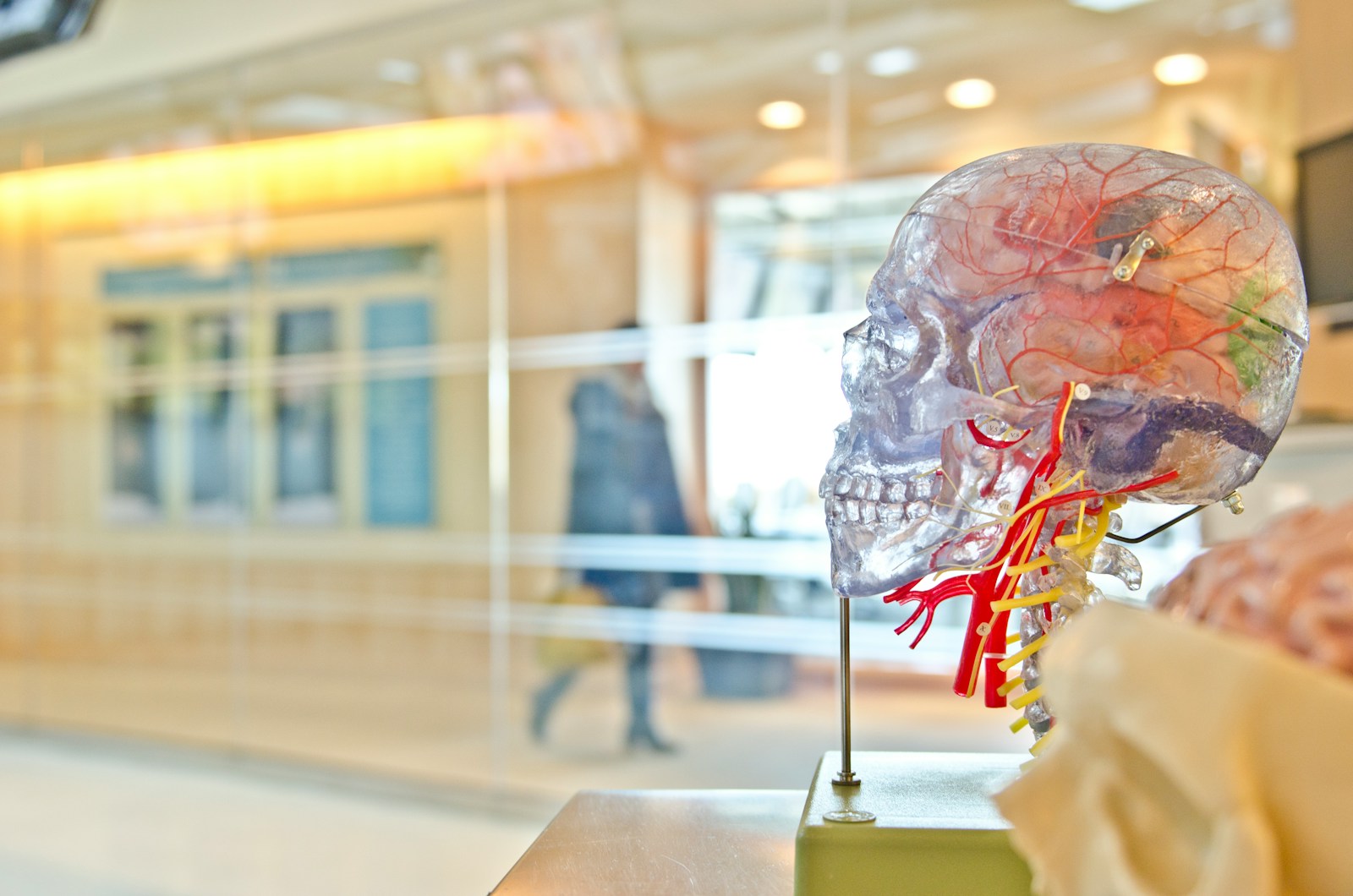Sleep is not for the weak. In fact, it’s something incredibly important for your mental health and wellness.
Trying to get better sleep is a struggle for many. But sleep impacts your mental health for the best, and it can help improve your stability too.
Here, we’ll go over the importance of sleep in terms of your mental health, and why it matters.

Sleep Keeps you Focused
Have you ever tried to do a task when tired?
Doesn’t really work out does it?
When you’re not awake and running on autopilot, it becomes very easy to get unfocused from any task. When you get enough sleep, this does help stave it off.
By getting enough sleep, you can handle the different issues you’ve got going on, and properly finish the tasks that you have easily, and effectively.
Sleep Helps With Emotional Regulation
The problem with a lack of sleep isn’t just the physical aspects, but also the emotional aspects.
When you don’t get enough sleep, or good sleep at all, you’ll start to feel snappy and reactive.
This makes you easy to anger, and it can impact the relationships that you have with others.
If you find yourself getting snappy and annoyed towards others, chances are it may be due to a lack of sleep.
By getting enough sleep, you’ll have proper emotional regulation, which can reduce upsets and make you feel good. Your emotions do play a part in your mental health, so remember that when you feel a little snappy and tired after a long day with not enough sleep.
Sleep Keeps you Alert
Sleep does keep you alert. When you’re awake and alert, you will usually feel a lot better, and less affected by the daily occurrences.
If you’re alert to the problems at hand, you can handle them effectively and easily, without having snappy responses or judgements.
Sleep is good not just for physical alertness, but mental alertness too, and if you’re working in a field that involves the need for snappy judgments and responses, it’s imperative that you get enough sleep.
Sleep Helps Stave off Triggers
Triggers are powerful for some people. If you have an anxiety disorder, or BPD, the triggers that you have are magnified by a lack of sleep.
Do you sometimes feel a little bit more affected by bad things when you don’t get enough sleep? Do you notice certain triggers just setting you off?
That’s all too common, but with proper sleep, it can help with the triggers and problems that you have.
With enough sleep, it keeps triggers at bay, so that you’re happier, and not as reactive to the world around you.
Get Help for Sleep!
Sleep is essential, and for many people, it does involve making changes to your life and routine.
Little changes can sometimes change the way your sleep schedule is. But sometimes it’s a much bigger issue.
In those cases, it may be good to get help. By seeing a therapist, or getting help in other ways, you’ll be able to take care of yourself and your sleep.
Sleep is also connected to mental health and wellness, and without it, you’ll be impacted.
To learn more about what you can do to properly regulate this, go to BetterHelp.com for more information.
Marie Miguel has been a writing and research expert for nearly a decade, covering a variety of health-related topics. Currently, she is contributing to the expansion and growth of a free online mental health resource with BetterHelp.com. With an interest and dedication to addressing stigmas associated with mental health, she continues to specifically target subjects related to anxiety and depression.


